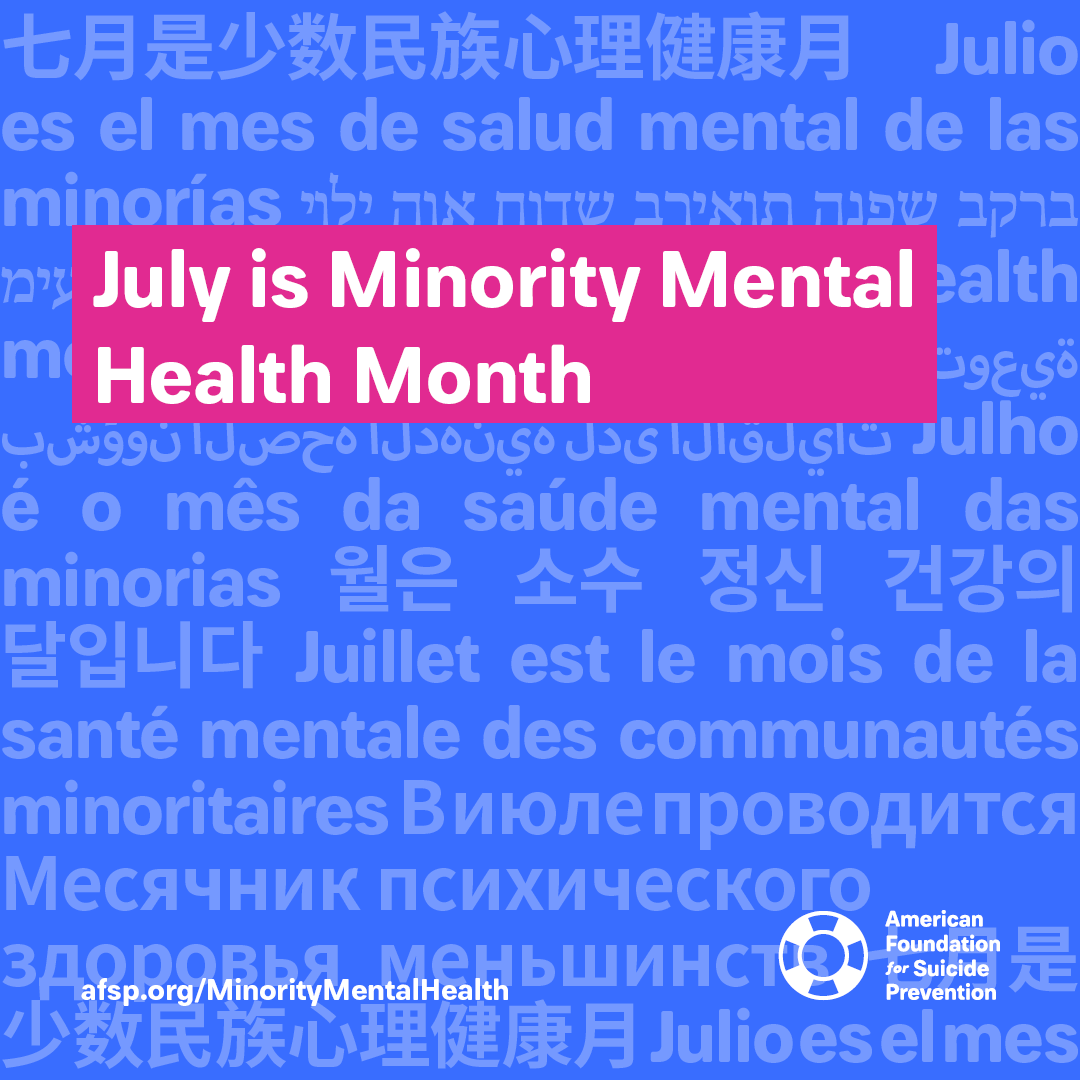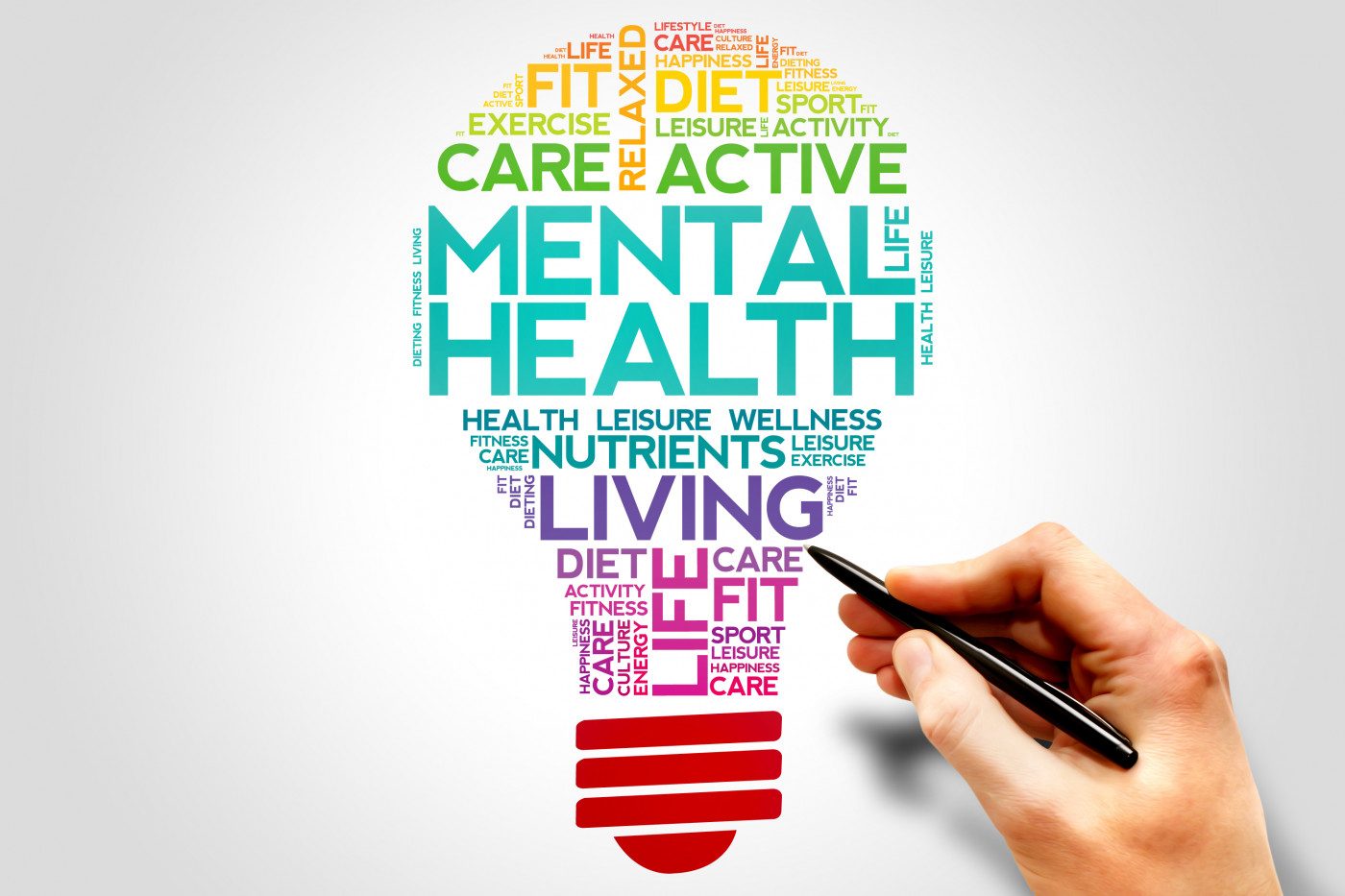
July has been designated as Bebe Moore Campbell National Minority Mental Health Awareness Month. Campbell was a mental health advocate, who spoke out against stigma and mental health disparities. Campbell has been a voice for the African American (AA) community, stating that the AA community, not only faces stigma due to race, but also with mental illness. She further voiced that AAs do not trust healthcare professionals, causing mental illness to go untreated. She called on professionals and policy makers to act to improve conditions for minority groups.
Mental health awareness is an opportunity to bring the issues, disparities, inequalities, strengths, opportunities, stigma, myths, perspectives, recommendations, and an overall conversation to the table, where it can become more normalized in our society.
While we are recognizing National Minority Mental Health Awareness Month and the progress that Campbell made in the mental health arena, it is an excellent opportunity to offer some statistics related to mental health and inequalities in minority groups.
The most common mental health diagnoses in the AA population are depression, attention deficit hyperactivity disorder, suicide, and posttraumatic stress disorder. In a study conducted by Mental Health America, 63 percent of AAs viewed having depression as a personal weakness. While AAs have lower rates of mental illness, they are faced with more severe and persistent psychiatric disorders. Hispanics and Latinos, as well as Asians are the most challenged minority groups by a complex system of unequal and ineffective mental health care experiences.
Stereotyping and bias continue to  be reported in diagnosing and treatment practices of minority groups.
be reported in diagnosing and treatment practices of minority groups.
The LGBTQ population also face inequalities in mental health care. They are twice as likely as heterosexual men and women to have a psychiatric disorder. Thirty percent of transgenders have considered suicide, compared to 2.3 percent of heterosexuals, 4.4% of gay or lesbian, and 7.4% of bisexuals. Many LGBTQ have experienced discrimination and stigma when seeking health services.
Now that you know a little more about minority mental health and disparities, take a minute to think of a solution to the problem. Ask yourself how you can make a difference for minority mental health month. Show us how you define yourself and how it relates to your mental health.
American Psychiatric Association [APA]. (2017). Mental health disparities: LGBTQ. Retrieved from www.psychiatry.org
Kawaii-Bogue, B., Williams, N. J., & MacNear, K. (2017). Mental health care access and treatment utilization in African American communities: An integrative care framework. Best Practice in Mental Health, 13(2), 11–29. Retrieved from https://search.ebscohost.com/login.aspx?direct=true&AuthType=shib&db=a9h&AN=127448814&site=ehost-live
Neely-Fairbanks, S. Y., Rojas-Guyler, L., Nabors, L., & Banjo, O. (2018). Mental illness knowledge, stigma, help-seeking behaviors, spirituality and the African American church. American Journal of Health Studies, 33(4), 162–174.

